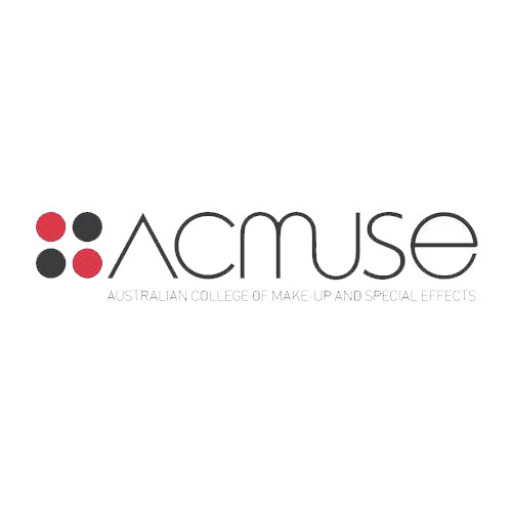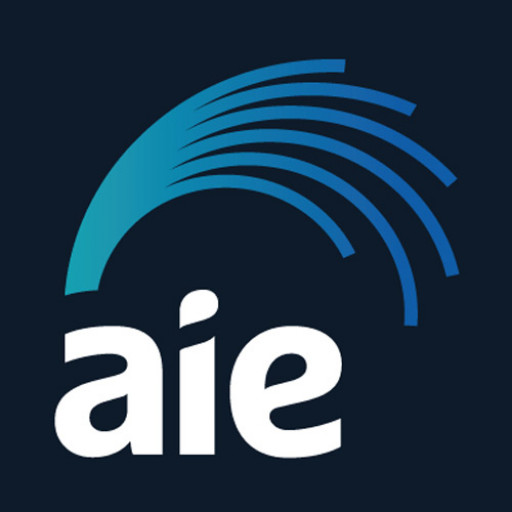The Bachelor of Screen and Media at the Australian College of Make-Up & Special Effects is designed to provide students with a comprehensive understanding of the dynamic and creative world of screen production. This program offers a solid foundation in both the theoretical and practical aspects of media, including filmmaking, television production, and digital media. Students will develop essential skills in scriptwriting, cinematography, editing, and special effects, preparing them for diverse roles within the entertainment industry. The curriculum emphasizes hands-on experience through workshops, industry projects, and collaborations, enabling students to apply their knowledge in real-world contexts. Participants will also learn about media theory, audience engagement, and industry standards, ensuring they are well-versed in both the artistic and technical elements of screen production. The program fosters creativity, critical thinking, and technical proficiency, empowering graduates to pursue careers as directors, producers, editors, special effects artists, or media consultants. With access to state-of-the-art facilities and industry connections, students are encouraged to innovate and push the boundaries of modern media. The Bachelor of Screen and Media aims to produce versatile and adaptable graduates who are equipped to thrive in a competitive industry, contribute to media projects globally, and continue their professional development through further specialization or postgraduate studies. This program is ideal for individuals passionate about storytelling, visual arts, and the evolving landscape of digital media, and seeks to nurture the next generation of media professionals ready to make an impactful contribution to the industry.
The Bachelor of Screen and Media program at the Australian College of Make-Up & Special Effects offers a comprehensive curriculum designed to prepare students for dynamic careers within the film, television, and digital media industries. This program provides students with a solid foundation in the fundamental principles of screen production, including cinematography, editing, scriptwriting, and media management, combined with specialized training in make-up artistry and special effects. Students will develop a diverse skill set essential for creating compelling visual narratives and bringing imaginative concepts to life on screen.
Throughout the course, learners are introduced to industry-standard techniques in prosthetic make-up, character design, and special effects makeup, equipping them to contribute effectively to film and television productions. The program emphasizes practical, hands-on experience, with students participating in realistic projects that mirror industry workflows and collaborative environments. This approach fosters not only technical proficiency but also creative problem-solving, team collaboration, and project management skills.
In addition to technical training, students will explore the history and theory of media and entertainment, gaining a broader understanding of industry trends, audience engagement, and ethical considerations in media production. The program also offers opportunities for students to learn about digital media tools, VFX, and post-production processes, ensuring they are well-versed in modern technologies shaping the entertainment industry.
Students are encouraged to build their professional portfolios through workshops, industry placements, and showcase events, enhancing their employability upon graduation. The program aims to produce versatile graduates capable of working in various roles such as special effects artist, makeup designer, film crew member, or media producer. By fostering both creative talent and practical skills, the Bachelor of Screen and Media at the Australian College of Make-Up & Special Effects prepares students to meet the evolving demands of the digital entertainment landscape and succeed in competitive industries around the world.
The Australian College of Make-Up & Special Effects offers a comprehensive program in Screen and Media designed to prepare students for diverse careers within the film, television, theatre, and media industries. This program emphasizes practical skills, industry standards, and creative development, equipping students with the expertise needed for successful entry into the competitive field of media production. To enroll in the program, applicants are generally required to demonstrate a strong interest in media arts, a creative aptitude, and basic proficiency in communication skills. While specific prerequisites may vary, prospective students typically need to have completed secondary education or equivalent qualifications. The program is structured to include theoretical coursework, practical workshops, and project-based assessments, ensuring students gain hands-on experience across various disciplines such as cinematography, directing, editing, sound design, and visual effects.
Students are expected to develop proficiency in industry-standard software and equipment, with a focus on digital media production techniques. The curriculum covers foundational concepts of media history, storytelling, scripting, and production management, enabling students to understand both creative and technical aspects of media projects. Furthermore, the program fosters collaborative skills through team projects and industry placement opportunities, helping students build professional networks and real-world experience. To successfully complete the program, students must undertake assessments including assignments, practical projects, and presentations, demonstrating their mastery of technical skills, creativity, and theoretical knowledge.
Additionally, students benefit from mentorship and guidance from experienced industry professionals incorporated into the teaching staff. The course may also include electives or specializations allowing students to focus on areas such as special effects, makeup design, or digital animation, depending on program offerings. Graduates of the program are expected to possess a portfolio of works suitable for employment or further study in media production, film-making, or related fields. Admission to the program may also require a personal statement or interview process to assess the applicant's motivation and passion for media arts. Overall, the program aims to produce well-rounded graduates capable of contributing creatively and technically to the dynamic screen and media industries in Australia and beyond, ensuring they meet current industry standards and are prepared to adapt to emerging trends.
The Australian College of Make-Up & Special Effects offers various financing options to assist students in funding their studies in Screen and Media programs. Prospective students can explore several pathways to make their education more affordable. The college provides detailed information about tuition fees, which generally include cost estimates for enrollment, materials, and additional expenses. Many students opt for payment plans that allow them to spread the cost over a period, including options for upfront payments, installment plans, or deferred payment arrangements. The college may also facilitate access to government-funded loans or grants, depending on eligibility criteria such as residency status and prior educational qualifications. Scholarships and bursaries are occasionally available, aimed at supporting talented applicants and reducing financial burdens. International students have specific requirements and may need to demonstrate proof of funds or secure private sponsorships. The college encourages students to contact their Student Support Services to discuss personalized financial assistance options, which may include scholarships, veteran benefits, or external funding sources. Additionally, students are advised to carefully review the total cost of attendance, including tuition, fees, living expenses, and other miscellaneous costs, to plan their finances effectively. The college emphasizes transparency in its fee structure and strives to support students throughout their academic journey, ensuring that financial considerations do not hinder access to quality education in Screen and Media. For more detailed information about current tuition and financial aid offerings, prospective students should visit the official Australian College of Make-Up & Special Effects website or contact their admissions office directly.
The Bachelor of Screen and Media at the Australian College of Make-Up & Special Effects offers students comprehensive training in the fields of screen production, media studies, and special effects makeup. This degree program is designed to equip aspiring professionals with the skills necessary to excel in the dynamic and evolving entertainment industry, including film, television, digital media, and theatrical productions. Throughout the course, students gain hands-on experience in makeup artistry, prosthetics, character creation, and visual effects, providing a solid foundation for a career in special effects makeup and related media fields. The curriculum combines theoretical knowledge with practical training, ensuring graduates are well-versed in industry standards and innovative techniques. Students also develop essential skills in storytelling, scripting, directing, and production management, enabling them to contribute effectively to media projects from conception to execution. The program emphasizes the importance of creativity, technical proficiency, and collaboration, preparing students for diverse roles within the media and entertainment sectors. Access to state-of-the-art facilities and industry-standard equipment further enhances the learning experience. Graduates of the Bachelor of Screen and Media are equipped to pursue employment as makeup artists, special effects technicians, media producers, or further academic studies in related disciplines. The program also encourages internships and industry placements, fostering professional networking and real-world experience. Overall, this degree ensures students are competitive in a fast-paced industry by combining artistic talent, technical skills, and media literacy.










